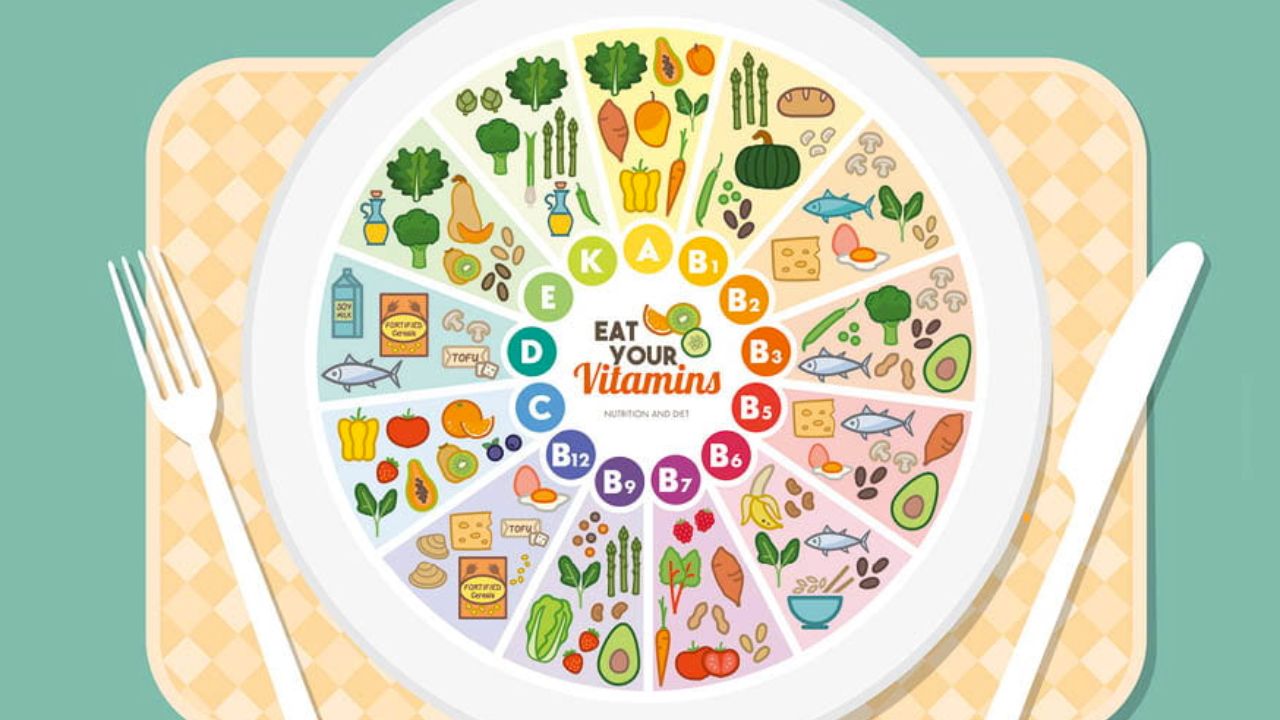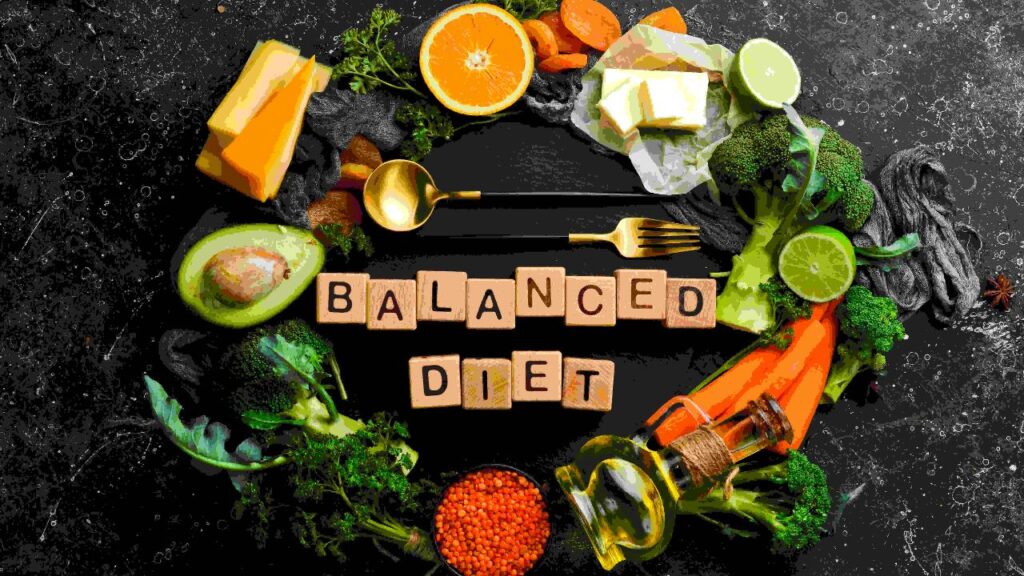 English
English

Vitamin balance is very important for living a healthy life. Know, how much amount of vitamins should adults take daily and what does WHO guideline say for this.

Vitamins are necessary to healthy life (Source: Internet)
New Delhi: The role of nutrients for the body is just like oil for a lamp. If the body does not get the right amount of vitamins, then it can gradually become a home for diseases. Besides exercise and sleep balanced diet is equally important.
According to experts, nutritional deficiency gradually weakens the immune system, which will increase the risk of diseases. This is why the WHO (World Health Organisation) has issued guidelines for daily requirements of vitamins.
What are the recommended daily intakes of vitamins?
According to WHO, the daily requirement of vitamins varies according to age, sex, and specific physiological states, including pregnancy or lactation, or specific health conditions of each. These are the recommended amounts for a normal adult:
Vitamin D: 10 micrograms per day – essential for bones and the immune system.
Vitamin A: 700 micrograms for men, 600 micrograms for women – essential for eye and skin health.
Vitamin E: about 10 milligrams per day – it is a powerful antioxidant that protects cells from damage.
Vitamin K: 120 micrograms for men and 90 micrograms for women – helps in blood clotting.
Vitamin B6: 1.6 to 1.8 milligrams – useful for the brain and nervous system.
Vitamin B2: 1.6 to 2.0 milligrams per day – helpful in energy production and skin repair.
Is it safe to take more vitamins than the required amount?
According to WHO, the excess of vitamins like A, D, E, and K can be accumulated in the body and prove to be harmful, fully causing liver, bone, and kidney problems. To fulfill the need for daily vitamins in the correct amount can be fulfilled by a balanced diet.

Fuel your body right (Source: Internet)
Where is the source of these vitamins?
Vitamin Source
B1 Whole grains, legumes (lentils, beans), nuts
B2 Fortified cereals, mushrooms, almonds, spinach
B12 Dairy products, Eggs, Some fermented foods, Fortified foods
D Sunlight Exposure, Fortified Foods
E Nuts, seeds, vegetable oils, spinach, broccoli.
C kiwi, citrus fruits, strawberries, bell peppers, broccoli, and tomatoes.
Calcium fortified plant milk, calcium-set tofu, and dark leafy greens.
Omega-3 seaweed, Flaxseeds (ground), chia seeds, hemp seeds, walnuts
Disclaimer
The information given in this article is based on general health information. It is not a substitute for a doctor's advice. Dynamite News does not make any claim regarding the information given in this article.